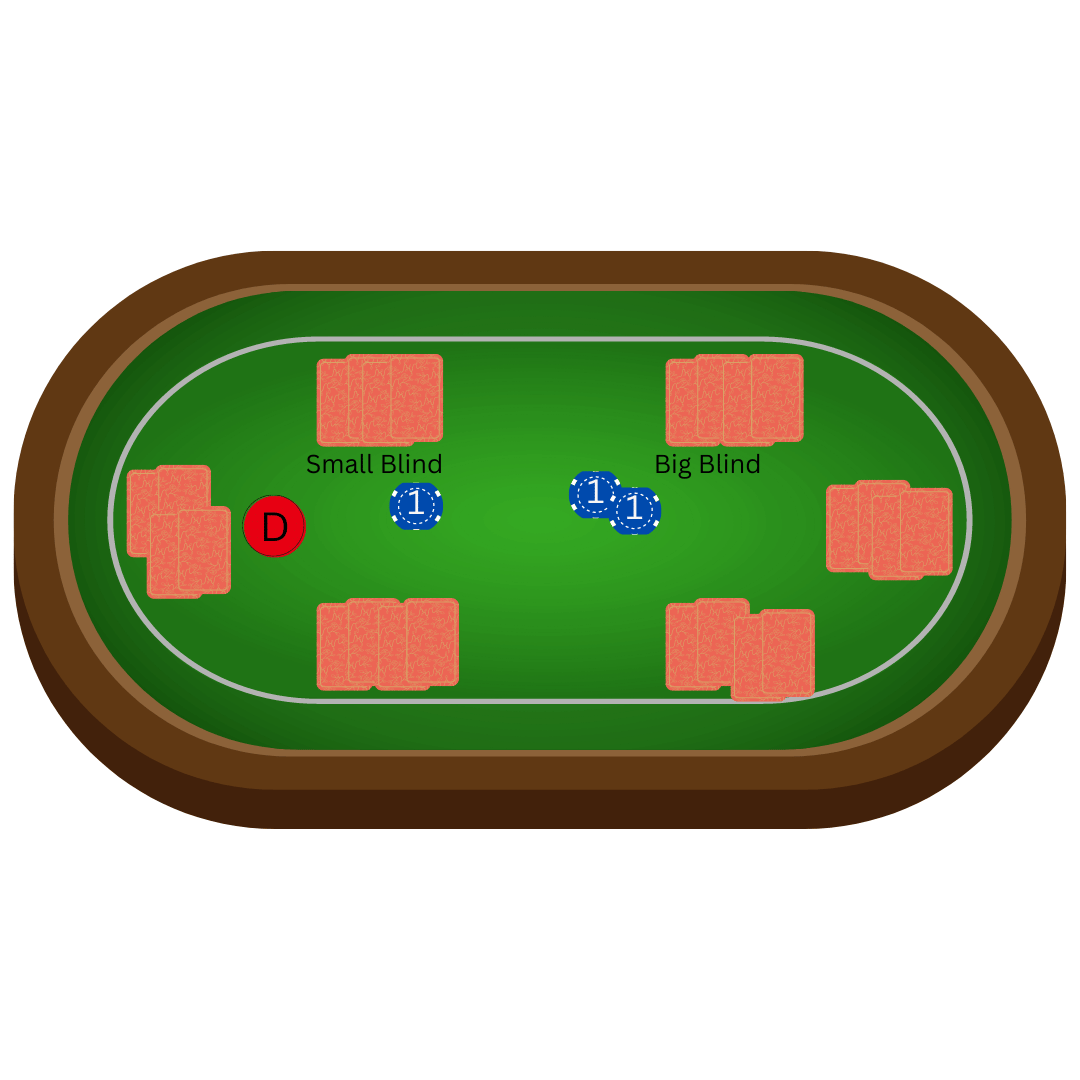How to Play Omaha Poker in Simple Steps
A quick reference guide on how to play Omaha Poker in quick, simple steps.
[the_ad id=’65344′]
Omaha Poker is very similar to Texas Hold’em Poker. The basic rules are the same. Even within Omaha Poker, there are a number of variants. We will be covering the most popular variant, Pot Limit Omaha (PLO) Poker. Omaha Poker is a 2-10 player game using a 52 playing card deck.
What is the goal of Omaha Poker?
Each player is dealt 4 cards. They use 2 of their 4 cards and 3 of the 5 shared cards on the table (community cards) to form the highest-ranked 5 poker hand combination.
Omaha Poker Player Actions
Players typically have the following action options:
Call
Match the previous player’s bet.
Check
Choose not to bet and pass to the next player in turn to bet.
Raise
Increase the amount of the previous player’s bet by limits set in the game.
Fold
Throw your cards away. You are out of the hand. You lose whatever you have bet previously into the pot and can no longer take any actions.
Omaha Poker Setup
Dealer Button
The player with the dealer button shuffles the deck of cards. A card is dealt to each player clockwise. Each player is dealt 4 cards (known as hole cards). The dealer button moves to the left after each game, and a new player becomes the dealer.
Blinds
The first 2 players seated to the left of the dealer are required to make blind bets (forced bets). The 1st player to the left makes a small blind bet, and the 2nd player to the left makes a big blind bet. You can determine the blind size with your friends. The Big Blind is twice that of the Small Blind.

Limits
When playing amongst friends, you will determine the limit of raising within the game. You can decide on the following:
Fixed Limit
A raise is only twice the Big Blind amount.
No Limit
The minimum starting raise must at least two times the the big blind, and the maximum raise can be all the chips a player has (All-in).
Pot Limit
Raise up to the maximum of what is in the current pot.
How to play Omaha Poker in quick simple steps.
Pre-Flop Betting
Once every player has 4 cards, the first round of betting starts. The player to the left of the Big Blind is the first to act and has 3 options: Call (match the Big Blind bet), Raise, Fold. Play continues clockwise till all players have taken their actions. If no one has raised, the last player to act (The Big Blind), can choose to check. The action you take will depend on your guess on the strength of your hand once all 5 community cards have been revealed.
Flop Betting
The dealer discards the top card from the deck (burns the card) and flips the next 3 cards onto the table. This round is known as the Flop. The first active player to the left of the dealer button takes the first action, and they have 4 available options: Check, Call, Raise and Fold. Betting continues clockwise until all players have taken their actions.
Turn Betting
The dealer again discards the top card and flips the next card from the deck onto the table. This round is known as the Turn. Once again, betting actions continue clockwise, with the first active player to the dealer’s left taking the first action (Check, Call, Raise or Fold).
River Betting
The River is the last betting round. The dealer burns a card and flips the next card from the deck onto the table. Another betting round takes place in a similar process to the previous one. Once all betting is completed, the Showdown begins for all remaining players in the hand.
Showdown
The remaining players in the game reveal their 4 hole (private hidden) cards. Using 2 of their hole with 3 community cards on the table, the player with the highest-ranked combination of 5 cards wins the hand and the pot. Click here to view the poker hands ranking table. Cards are reshuffled, and a new game/hand begins.
Materials: 52 Playing Card Deck Dealer Button Big blind and small blind button Poker Chips
Different Poker Game Type Rules
How to Play Texas Hold’em Poker
How to Play Seven-Card Stud
A more advanced game of poker.
2-8 players can play Seven-Card Stud Poker.
[the_ad id=’65344′]